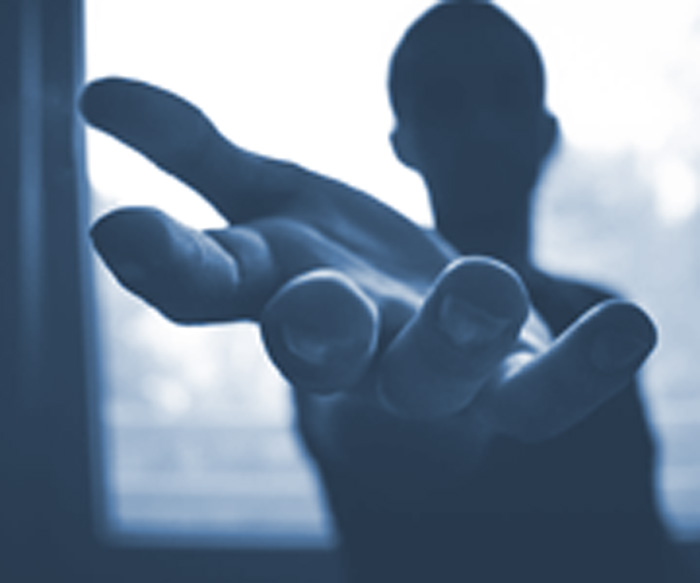
FELL ASLEEP AT THE WHEEL
Drowsiness as a cause of accidents
Between 15 and 30% of accidents in Spain are caused by drowsiness, both in accidents at night (especially dangerous, between 3 and 5 in the morning) and during the day (especially between 2 and 4 in the afternoon), according to the DGT, especially in the professional sector.
Driving is an activity that, although many of us feel it is natural due to the years of experience and kilometers of road we have behind us, we must not forget that it is highly demanding. Demanding on a physical level, since it requires good reflexes and vision and demanding on a psychological level to maintain concentration… Feeling sleepy seriously worsens our abilities and if you end up falling asleep at the wheel, you completely lose control, not being able to react until it is too much. late.
The most important alterations caused by drowsiness and that affect driving are:
Increased reaction time.
Less concentration and more distractions.
Slower decision making and more errors.
Motor alterations.
More automated movements.
Alteration of sensory functions, you will need the stimuli to be more intense to be able to capture them properly.
Appearance of microsleeps, which are periods of just a few seconds in duration in which you fall slightly asleep and remain oblivious to what is happening in traffic.
Alterations in perception, worse or incorrect perception of signals, lights, sounds, etc.
Changes in behavior, feeling tense, more nervous and even more aggressive.
To prevent drowsiness while driving, it is best to maintain adequate rest habits. Once this has appeared, the safest thing to do is to stop to sleep in a suitable place for about 20-30 minutes and take into account the following recommendations:
Avoid long journeys.
Always stop driving every 2 hours or every 200 km.
Try not to adopt an overly relaxed position behind the wheel and hold it firmly.
Properly ventilate the interior of the vehicle.
Do not listen to relaxing music at times when you are more likely to suffer the effects of drowsiness.
Do not eat large meals or alcohol when you have to drive. Regarding stimulants (such as coffee or tea), use them with caution to avoid the rebound effect.
If you are taking medication, ask your doctor if it can cause drowsiness (as is the case with antihistamines).
Fatigue has a close relationship with sleep. Therefore, if you have been doing some strenuous activity and you feel fatigued, you should rest before driving and stop more frequently.
You can read more advice on the DGT page.
Our goal at P(A)T is to reach 0 victims. Resting to be attentive and at full strength is a key piece in any trip.











